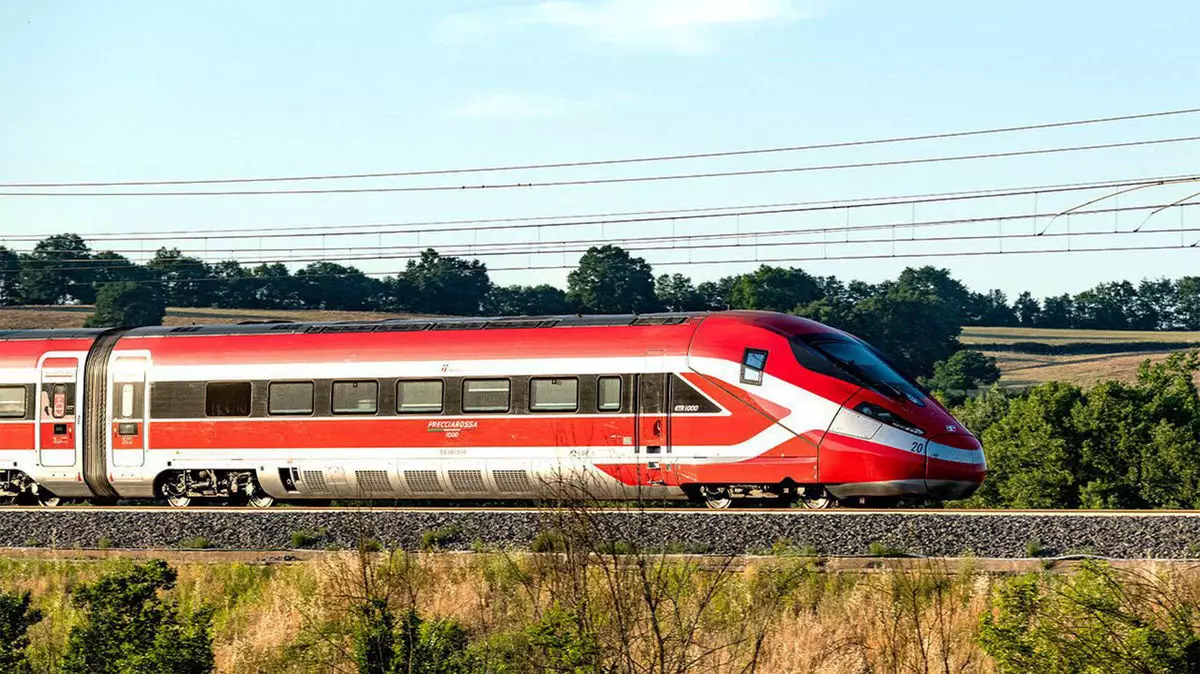In an age where seamless travel experiences are increasingly demanded by consumers, SkyTeam, a prominent global airline alliance, is taking decisive steps toward enhancing its service offerings. By forming intermodal partnerships with leading high-speed rail providers Eurostar and Trenitalia, SkyTeam aims to integrate air and rail travel into a single, cohesive journey. This initiative not only highlights the growing trend of combined travel options but also positions SkyTeam favorably in competition with other major airline alliances.
The collaboration with Trenitalia, Italy’s primary high-speed rail operator, involves the use of advanced technology to enable a seamless integration of flight and rail itineraries. Although the technical aspect promises to simplify the booking process, airlines within the SkyTeam umbrella and Trenitalia will need to navigate their own commercial agreements to maximize the partnership’s potential. This memorandum of understanding lays the groundwork for exciting benefits, including reciprocal loyalty programs that allow travelers to earn and redeem points not only with airlines but also on Trenitalia services.
Similarly, the partnership with Eurostar will facilitate the ability to book intermodal journeys across SkyTeam’s hubs, particularly in cities like Amsterdam, Paris, and London. Eurostar’s swift connections to a range of European destinations complement SkyTeam’s extensive airline network, enabling travelers to enjoy a more robust travel experience. Both agreements are set to launch in the near future, with specific timelines under evaluation.
The new rail partnerships represent a fundamental shift in how air travel can be enhanced through the integration of other transportation modes. The necessity for airlines to evolve and adapt to customer expectations is more profound than ever; travelers are seeking flexibility and convenience, especially within Europe’s interconnected transport systems. Engaging in these types of partnerships not only improves customer satisfaction but also offers a competitive edge against other global alliances.
SkyTeam’s inclusion of reciprocal loyalty plans adds an attractive incentive for regular travelers, enabling them to consider train travel as a viable alternative to flights for shorter distances. This flexibility will likely encourage more passengers to utilize rail travel as part of their itinerary, particularly as travelers increasingly lean towards environmentally friendly options.
SkyTeam’s move mirrors actions taken by the Star Alliance, which pioneered air-rail integrations with Deutsche Bahn in 2022. This comparison raises interesting questions about how airline alliances will compete and differentiate themselves in an increasingly hybrid transportation market. As competitors make similar strategic choices, an expansion of intermodal journeys is likely, setting a new standard for the travel industry.
SkyTeam’s partnerships with Trenitalia and Eurostar signify significant progress in the evolution of travel logistics. By seamlessly merging rail and air travel, these innovations not only promise to enhance convenience for passengers but also reflect a broader trend towards sustainability and integration in the tourism sector. It’s an exciting time for travelers as the future promises enhanced journey options, improved loyalty rewards, and a unified travel booking experience.


Leave a Reply